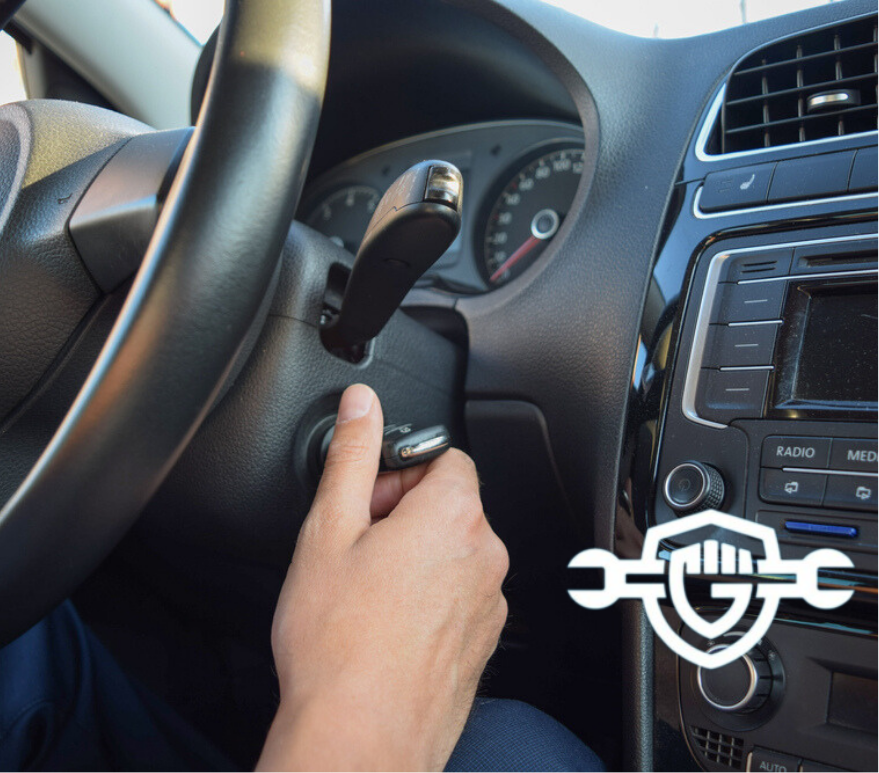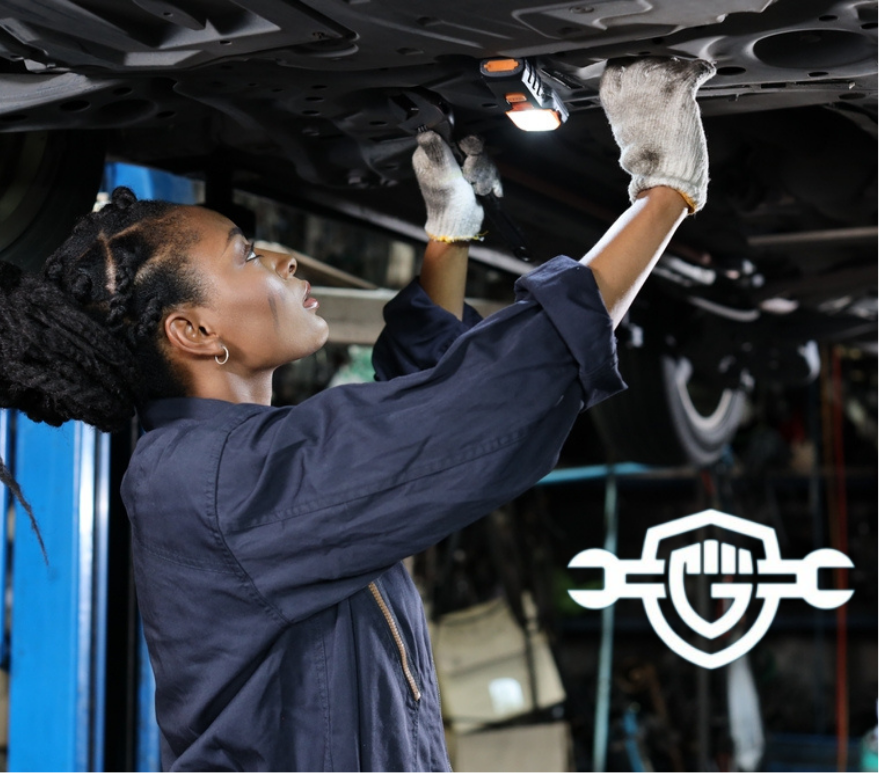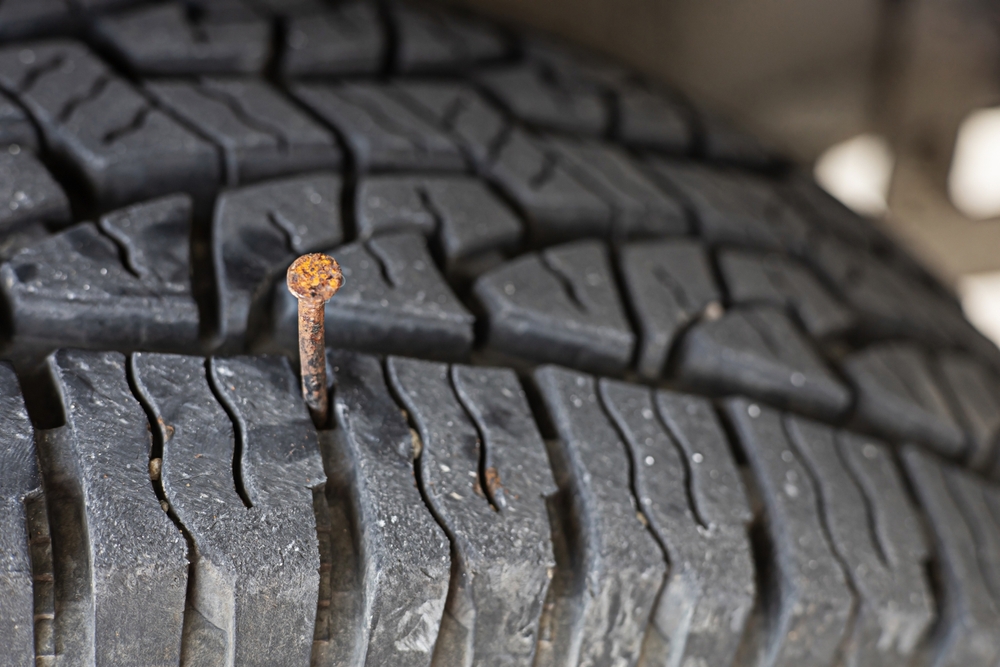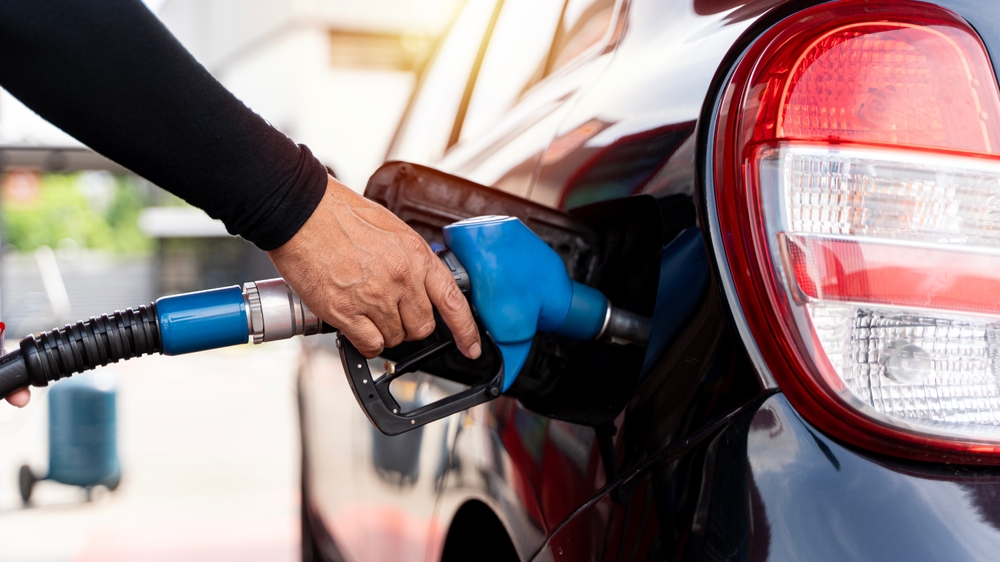12 Reasons Your Car Won’t Start
Published on
November 11, 2025

There’s nothing more frustrating than turning the key and getting nothing back. A car not starting can mean a lot of things, but most problems come down to a few usual suspects. Let’s break down the common causes and what might be going on under the hood.
1. Dead battery
This one’s at the top of the list for a reason. A dead battery is the most common reason for a car not starting. Maybe the dome light was left on overnight, or the battery's just old and worn out. A clicking sound when you turn the key is usually a clue. Jump-starting the car might get you going again, but if it happens more than once, you probably need a new battery.
2. Corroded or loose battery connections
Even if your battery has plenty of juice, your car might not start if the connections are loose or caked in corrosion. Pop the hood and check the terminals. A bunch of white or greenish gunk around the cables could block the power flow. Sometimes all it takes is tightening the cables or cleaning the terminals. This one’s a simple fix, but easy to miss.
3. Bad starter motor
Turning the key and hearing a single click or nothing at all often points to a bad starter. Its job is to spin the engine over so it can fire up. When it fails, the engine won’t even try to start. Sometimes the lights and radio still work, which throws people off. A failing starter can go out slowly or all at once, and once it does, jump-starting won’t help.
4. Faulty ignition switch
The ignition switch sends power to key systems like the fuel pump and starter. When it wears out, the car might not start even if the battery and starter are fine. One sign is if the dashboard lights flicker or don’t come on when you turn the key. Sometimes it works off and on before completely giving out. It's one of those issues that can sneak up and leave you stuck without warning.
5. Empty gas tank
It sounds obvious, but it happens more often than people think, especially if your fuel gauge is broken or not reading correctly. Cranking without firing, combined with recently running on fumes, usually points to an empty tank. Cold weather or parking on a steep incline can make it harder for the fuel pump to pick up the last bit of gas. Once you figure it out, it’s an easy fix.
6. Fuel pump failure
The fuel pump moves gas out of the tank so the engine can run. Without a working pump, fuel won’t reach the engine. You might hear a whining sound near the back of the car or feel the engine sputter before it stops starting altogether. Some pumps fail without warning, while others start acting up when the fuel level gets low. If the engine cranks but won’t fire, a bad pump might be the cause. In some cases, a clogged fuel line or a failing part upstream, such as a restricted catalytic converter, causes similar symptoms and should be checked, too.
7. Clogged fuel filter
Over time, dirt and debris can build up in the fuel filter, slowing or blocking the flow of gas to the engine. If it’s badly clogged, your car might crank but not start, or it could stall out while driving. You might also notice rough idling or a drop in power. Most fuel filters aren’t easy to see or reach, so this one usually gets diagnosed and replaced during regular maintenance or a fuel system check.
8. Bad alternator
The alternator keeps the battery charged and powers your car’s electrical systems while the engine’s running. If it fails, the battery can drain fast, especially if you're using headlights, AC, or the radio. You might notice dim lights, warning indicators on the dashboard, or a slow crank before the car finally won’t start at all. Even if you jump it, the car won’t keep running for long. A bad alternator can make it seem like the battery’s the problem.
9. Worn spark plugs or ignition coils
Spark plugs and ignition coils work together to ignite the fuel in your engine. If the plugs are worn out or the coils are failing, the engine may struggle to start or not start at all. You might notice rough idling, misfires, or poor fuel mileage leading up to it. Over time, these parts wear down and stop firing like they should. If the engine cranks but feels like it’s fighting itself, these might be the reasons.
10. Blown fuses or faulty relays
Fuses and relays control power to all sorts of systems in your car, including the starter, fuel pump, and ignition. A blown fuse or failed relay can cut off power to something the engine needs to start. Sometimes it's a simple fix, like swapping out a fuse under the hood. Other times, a bad relay might need to be diagnosed and replaced. Reading stored OBD-II codes can help track down the issue, especially when there’s no obvious visual damage.
11. Key fob or security system issues
Modern cars rely on electronic keys and built-in security systems to start. A dead key fob battery or unrecognized signal can stop the car from starting or even cranking. You might see a key warning light on the dashboard or get no response when you press the button or turn the key. Replacing the fob battery or reprogramming the system is sometimes all it takes to fix the issue.
12. Sensor failures, like crankshaft or camshaft position sensors
Engines rely on sensors to tell the computer when to send fuel and spark. If the crankshaft or camshaft position sensor fails, the engine can’t time things correctly, and that can stop it from starting. You might not get any warning until the engine suddenly won’t fire up. Sometimes it throws a check engine light first, sometimes not. These sensors can wear out over time or fail without much notice, especially as the car racks up miles.
Still stuck with a car that won’t start? GreatWater 360 Auto Care can help figure out what’s going on and get you back on the road. Simple fix or a deeper issue, we’ll treat your car like it’s our own. Schedule an appointment today, and let’s take a look.


